FINAL CFP: Nexus of Migration and Tourism: Creating Social Sustainability Symposium
20-21 September, Vietnam National University, Hanoi
Deadline for Abstracts: 15 March 2018
For more information: https://tourism-migration.co.uk/
We are delighted to announce that, with quality submissions, we will potentially organise two special issues with two sponsoring journals: ‘Tourism Geographies’ http://www.tgjournal.com/ & ‘e-Review of Tourism Research’ https://ertr.tamu.edu/
Keynote Speakers:
Prof Michael Hitchcock, Goldsmiths, University of London
Prof Adele Ladkin, Bournemouth University, UK
Prof Alan Lew, Northern Arizona University, USA
Prof Sabine Marschall, University of KwaZulu-Natal, South Africa
Prof Noel Salazar, KU Leuven, Belgium
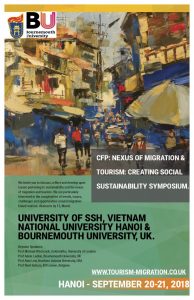
Despite rapid tourism economic development, and research into labour and employment such as economics and employment issues, research hasn’t caught up to the rapidly changing issues, such as tourism linked migration and social and cultural aspects of sustainability. Thus, we invite you to discuss, reflect and develop upon issues pertaining to sustainability and the nexus of migration and tourism. We are particularly interested in the complexities of trends, issues, challenges and opportunities around migration linked tourism, which remains a relatively minor part in academic research. While large numbers of migrant workers move to ‘new’ tourist destinations such as Singapore, Hong Kong, Macau and Dubai for employment, issues pertaining to social sustainability (e.g., well-being, quality of life, integration, the distribution of power and resources, employment, education, the provision of basic infrastructure and services, freedom, justice, access to influential decision-making) have yet to be fully developed within tourism research.
We invite contributions from a variety of disciplines including anthropology, cultural/human geography, sociology, psychology, cultural studies, economics, border studies, leisure studies, tourism studies and hospitality/event management. We invite you to submit papers on topics that include (but are not limited to):
– (Re)definitions of social sustainability
– Equitable access and the sustainability of the community
– Creating socially sustainable communities
– Migrant quality of life/ community well-being in tourist destinations
– Migrant tourism workers’ integration & inclusion
– Migration and tourist community formation
– Conflicts between/intersection of tourists, local residents and migrant workers
– Tourism (im)mobilities, ethics, morals and (in)justice
– Tourism mobilities and border crossings
– Human security, transnationalization and citizenship
– Social networks, borders and the allure of tourist destinations
– Gender and mobility in tourism
– Intersectionality, gender and race
– Roles of religion in tourism migration and mobilities
– Religious and spiritual mobilities and tourism
– Migrant leisure spaces, constraints and opportunities
– Academic mobilities / Mobilities in education
– Social sustainability in ASEAN tourism development
– Social sustainability and future directions
– Destinations resilience
– Effect of Brexit and Trump on tourism and migration
Submission Deadlines: 500 words abstract due 15 March 2018
Confirmation of acceptance: 1 April 2018
Please see this web link for more information: https://tourism-migration.co.uk/
If you have any questions or like to be on a mailing list, please email Jaeyeon Choe (jchoe@bournemouth.ac.uk).
Thank you!
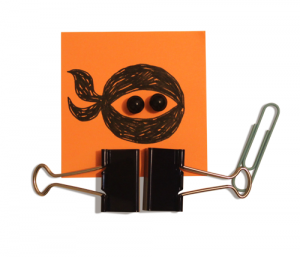
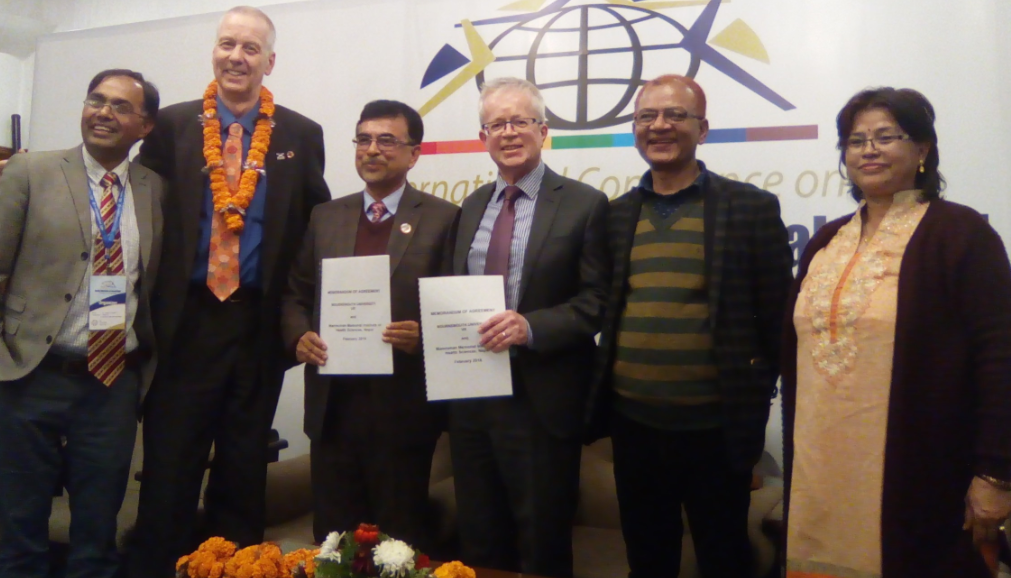
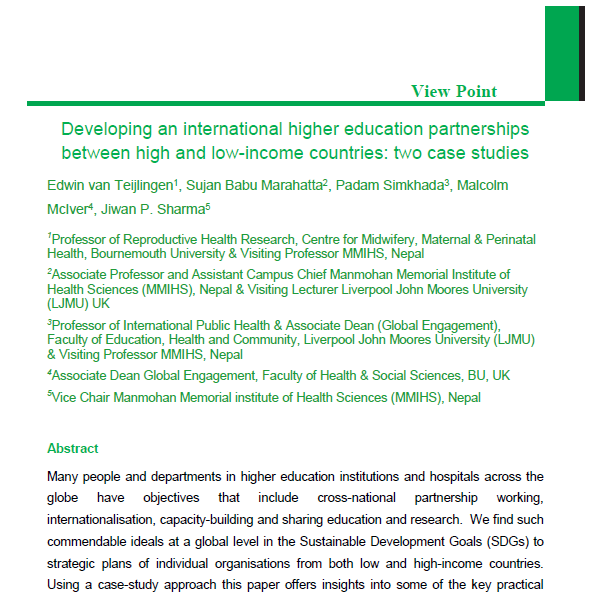




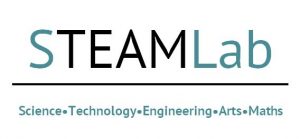

 A river moment in time
A river moment in time 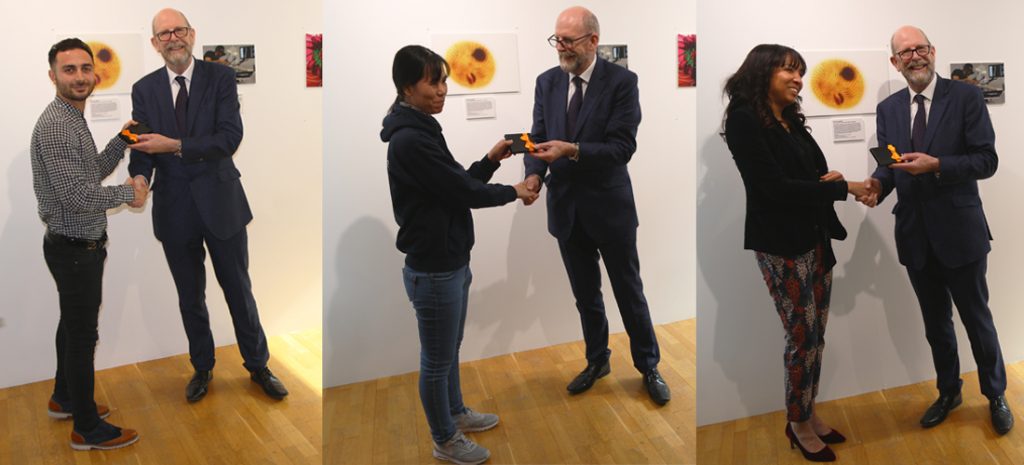
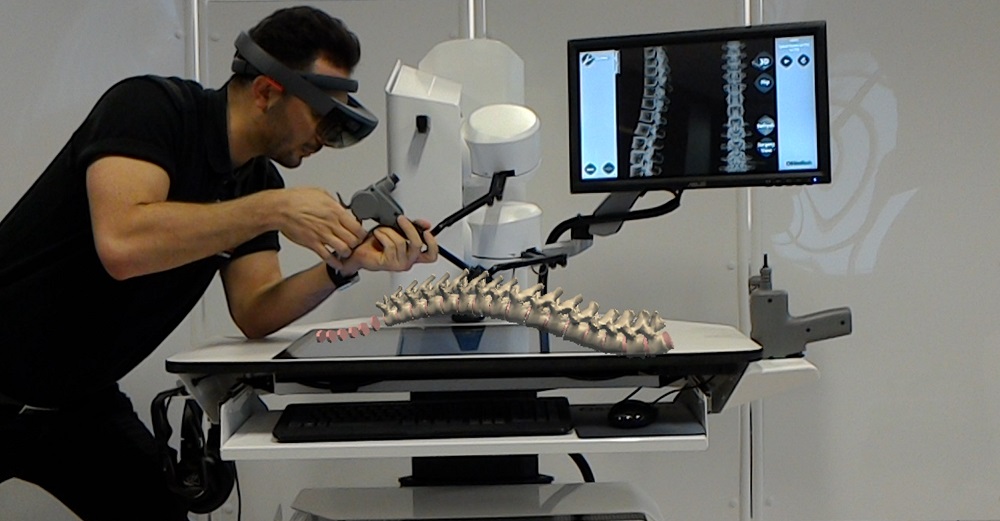
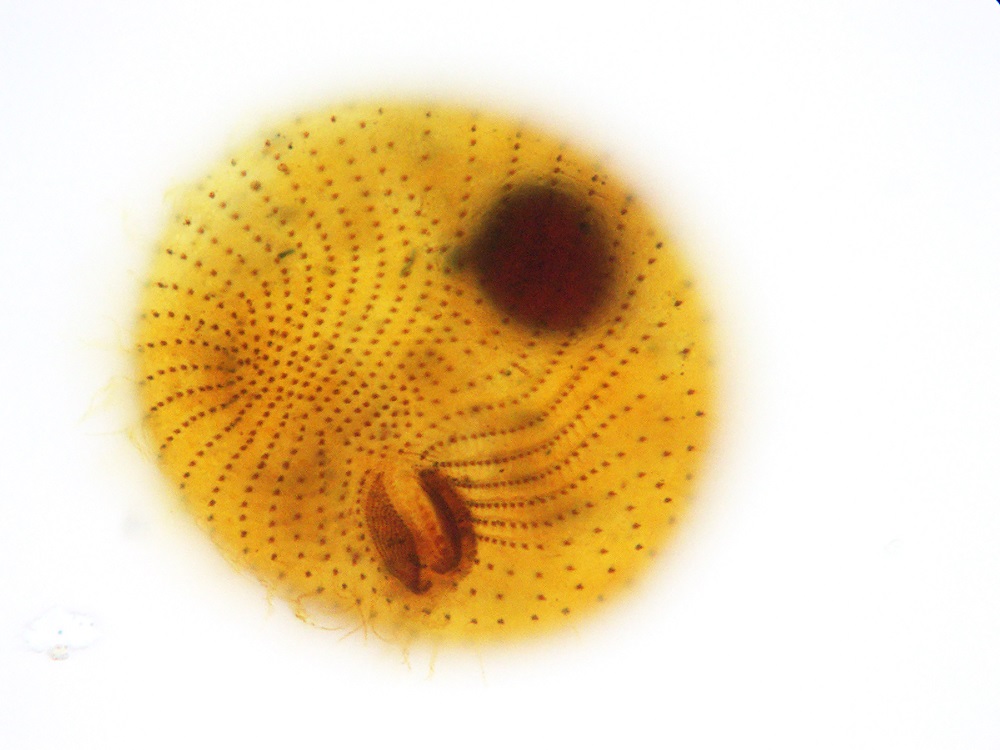


 The awards ceremony for this year’s Research Photography Competition is taking place on Tuesday, 20 March from 1-2pm.
The awards ceremony for this year’s Research Photography Competition is taking place on Tuesday, 20 March from 1-2pm.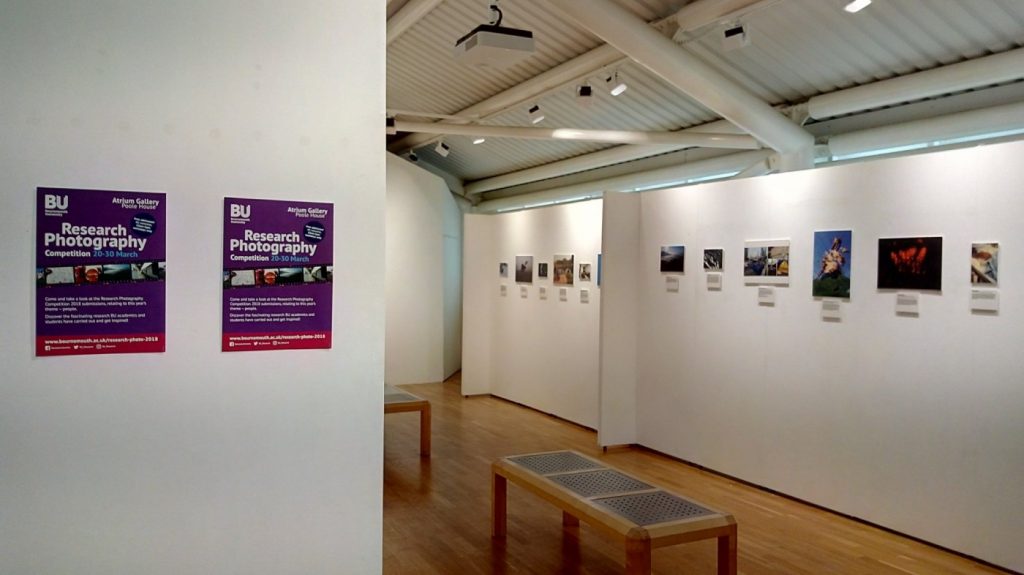
 Join us for this
Join us for this 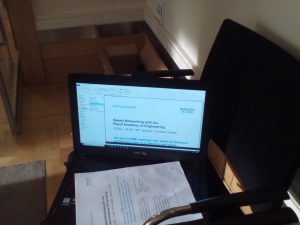 Proposers – Siemens, Deloitte, European Space Agency, Jaguar Land Rover and Reed Smith. The Proposers list their challenges and organisations (about 30 reps attended) apply to pitch their ideas to each Proposer. The Proposers are set up in 5 tables and each organisation is given 5 minutes to present. The Hostess rings a bell and they have to move on to the next Proposer.
Proposers – Siemens, Deloitte, European Space Agency, Jaguar Land Rover and Reed Smith. The Proposers list their challenges and organisations (about 30 reps attended) apply to pitch their ideas to each Proposer. The Proposers are set up in 5 tables and each organisation is given 5 minutes to present. The Hostess rings a bell and they have to move on to the next Proposer. On Thursday BU will host Sam Gyimah, the Minister for Higher Education, Science, Research and Innovation, for a question and answer event. This is an amazing opportunity for students and staff to directly question the Minister on HE and wider political matters.
On Thursday BU will host Sam Gyimah, the Minister for Higher Education, Science, Research and Innovation, for a question and answer event. This is an amazing opportunity for students and staff to directly question the Minister on HE and wider political matters.











 FHSS academics teaching in Nepal
FHSS academics teaching in Nepal New weight change BU paper
New weight change BU paper One week to go! | The 16th Annual Postgraduate Research Conference
One week to go! | The 16th Annual Postgraduate Research Conference Geography and Environmental Studies academics – would you like to get more involved in preparing our next REF submission?
Geography and Environmental Studies academics – would you like to get more involved in preparing our next REF submission? Congratulations to three former BU staff
Congratulations to three former BU staff MSCA Staff Exchanges 2024 Call – internal deadline
MSCA Staff Exchanges 2024 Call – internal deadline Applications are now open for 2025 ESRC Postdoctoral Fellowships!
Applications are now open for 2025 ESRC Postdoctoral Fellowships! Horizon Europe – ERC CoG and MSCA SE webinars
Horizon Europe – ERC CoG and MSCA SE webinars MaGMap: Mass Grave Mapping
MaGMap: Mass Grave Mapping ERC grants – series of webinars
ERC grants – series of webinars